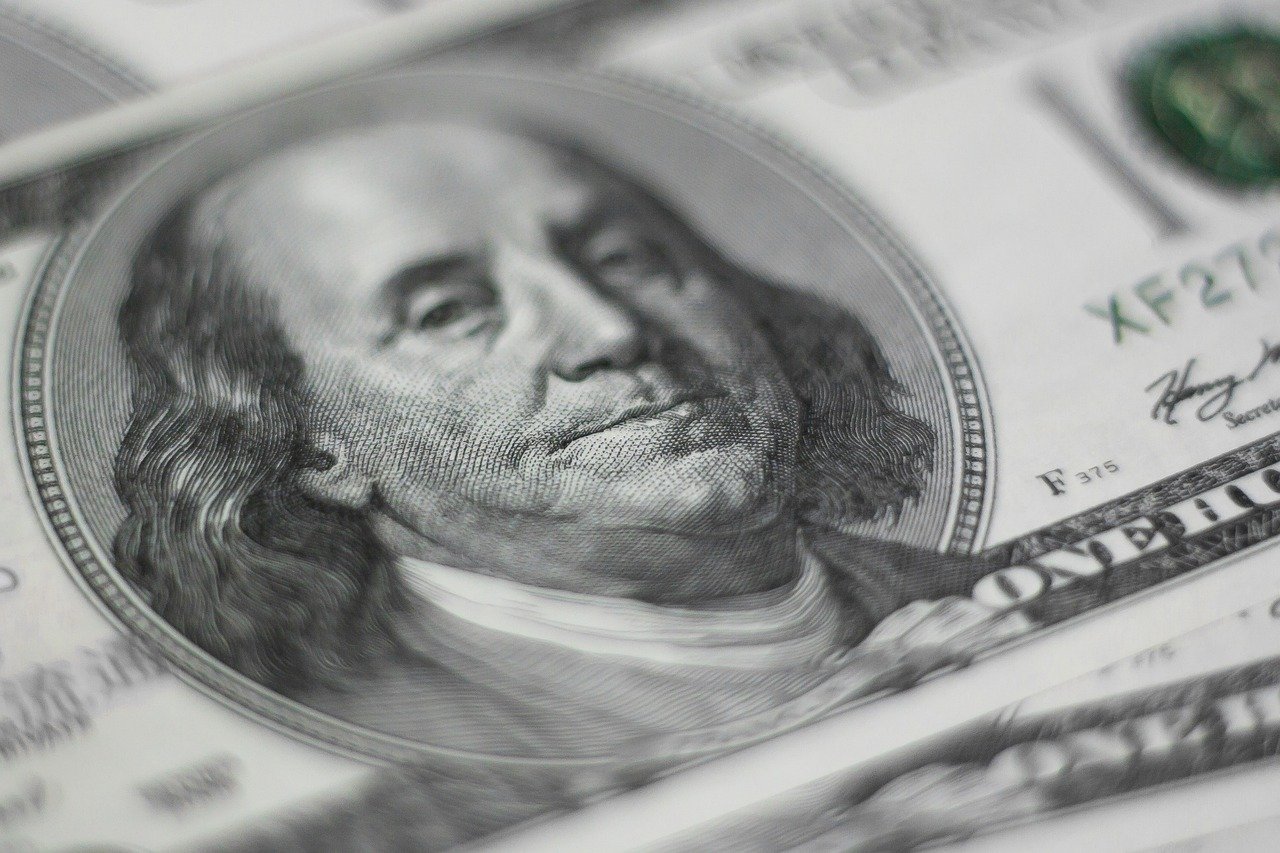It An application to register a trademark critical of government officials may be refused under the US Trademark Act. However, this could be changing.
This Article will discuss the underlying law concerning trademarks critical of government officials. It also discusses the changing landscape underpinning this framework.
We’ll start with the basics.
The Lanham Act & Federal Trademark Registration
The Lanham Act is the US Trademark Act. Although Michigan has its own process for state-based trademark registration, Federal trademark registration is at issue here.
It is “Federal” because it arises from the judicial decisions (common law) of Federal Courts and from Federal statute. That statute is the so-called Lanham Act.
The US Patent Trademark Office (USPTO) is the Federal agency responsible for managing the Federal trademark registry. It is with the USPTO that Federal trademark registration applications are filed. New applications filed by businesses in Michigan and elsewhere in the US are reviewed and either accepted or rejected by USPTO Examiners. These individuals are attorneys employed by the USPTO and vested with the authority to perform that task.
Federal trademark registration provides a number of benefits not available from Michigan or another state’s own trademark registration systems.
The Lanham Act contains a number of provisions limiting the sorts of trademark that can be registered at the Federal level. This Article focuses on the requirements of Section 2(c) of the Lanham Act.
Section 2(c) of the Lanham Act: Trademarks Critical of Government Officials or Public Figures
Section 2(c) of the Lanham Act, §1052(c), prohibits the registration of trademarks that “[c]onsists of or comprises a name, portrait, or signature identifying a particular living individual except by his written consent, or the name, signature, or portrait of a deceased President of the United States during the life of his widow, if any, except by the written consent of the widow.”
The purpose of this provision is to prevent individuals from monopolizing the use of the name, image, or likeness of another person or a former President of the United States. In other words, Section 2(c) aims to protect the right of publicity and the legacy of famous individuals and former Presidents.
Under Section 2(c), a mark utilizing the name, portrait, or signature of a living individual or deceased President will be refused registration by the USPTO unless you have the written consent of the individual or the President’s estate.
However, there are some exceptions to this rule. For example, if the mark is used in a way that is not likely to cause confusion as to the source of the goods or services, or if the mark is used for editorial or news reporting purposes, it may be allowed.
Section 2(c) Caveats
Remember that you can only register a trademark when it is used as a “source-identifier” in interstate commerce. In other words, it is a business or product name, logo, or slogan (a “mark”) used in trade.
Read more about this requirement elsewhere on our trademark blog.
You cannot register a trademark just to be funny or to parody or lampoon a terrible President. (This is an important point with regard to the registration of trademarks critical of government officials or public figures.)
Also note that Section 2(c) only applies to the registration of trademarks with the USPTO. It does not prevent businesses from using the name, image, or likeness of a living individual or deceased President in connection with their goods or services. However, such use may be subject to other laws, such as the right of publicity, which varies from state to state in the United States.
Types of Trademarks Prohibited under Section 2(c)
In practical terms, this means that trademarks that use the name, portrait, or signature of a living individual or deceased President as the primary element of the mark are generally not eligible for registration with the USPTO.
For example, the photograph of a celebrity or a former President of the United States, without any other distinctive elements, would likely be refused registration as a trademark under Section 2(c). Similarly, the name of a celebrity or a former President of the United States used alone, without any additional distinctive elements, would also likely be refused registration under Section 2(c).
By “distinctive,” we mean “source-identifying.” Again, the purpose of a trademark under US law is to identify its owner as a the source of a product or service transacted across Michigan’s or another’s states lines.
Section 2(c) focuses on the use of the name, portrait, or signature of a living individual or deceased President as the primary element of a trademark. The provision does not prohibit the registration of trademarks that merely include the name or likeness of a famous individual or former President as a part of a larger mark, as long as the name or likeness is not the dominant feature of the mark.
Similarly, trademarks that use the name, portrait, or signature of a person who is not a living individual or former President of the United States are not subject to Section 2(c).
Notable Examples of Trademarks Refused Registration under Section 2(c)
Previous to the pending Supreme Court decision discussed below, the USPTO has refused some notable trademark applications as critical of government officials or public figures.
- “ELVIS” for clothing: In 1997, the USPTO refused to register the mark “ELVIS” for clothing on the basis that it consisted solely of the name of a famous individual (Elvis Presley) and therefore violated Section 2(c).
- “THE LUCILLE BALL MUSEUM” for museum services: In 2001, the USPTO refused to register the mark “THE LUCILLE BALL MUSEUM” for museum services on the basis that it comprised the name of a famous individual (Lucille Ball) and therefore violated Section 2(c).
- “JACKIE ROBINSON” for various goods and services: In 2008, the USPTO refused to register the mark “JACKIE ROBINSON” for a variety of goods and services, including clothing, toys, and entertainment services, on the basis that it comprised the name of a famous individual (Jackie Robinson) and therefore violated Section 2(c).
- “OBAMA PAJAMA” for clothing: In 2012, the USPTO refused to register the mark “OBAMA PAJAMA” for clothing on the basis that it comprised the name of a living individual (Barack Obama) and therefore violated Section 2(c).
There have been many other trademark applications that have been denied registration under Section 2(c) over the years.
It’s worth noting, however, that some trademark applications that include the name, portrait, or signature of a living individual or deceased President are able to overcome the Section 2(c) prohibition. This requires proof that the use of the mark is not likely to cause confusion among consumers as to the source of the goods or services or by obtaining written consent from the individual or their estate.
How Is This All Changing? (Maybe.)
So what’s changing with regard to the prohibition on the registration of trademarks critical of government officials or public figures?
The progress of the law, that’s what.
Recently, a trademark applicant successfully appealed the USPTO’s denial of a registration for the mark TRUMP TOO SMALL in Federal court.
In Re Elster is the case in question. In this case, applicant Steve Elster’s application for TRUMP TOO SMALL was denied by the USPTO under Section 2(c). Elster appealed that decision to the Federal Courts of Appeal and successfully argued that Section 2(c) represented an unconstitutional restraint on Free Speech guaranties under the First Amendment.
The appeals court ruled that now-former President Trump enjoys no right privacy protecting him from criticism in absence of actual malice (the publication of false information, that is). It also rejected the USPTO’s claims regarding Trump’s right of publicity. TRUMP TOO SMALL did not, the court ruled, misappropriate Trump’s name in a manner exploiting his commercial interests or diluting his name as an existing trademark. The proposed mark also did not, the court stated, imply Trump’s endorsement of Elster’s clothing products. Thus, it did not make a false connection between the product and the (in)famous person in question.
Further, the court ruled that the Section 2(c) was overbroad. The provision did not leave the USPTO Examiner any discretion to allow proposed trademarks that parodied, criticized, or offered commentary on matters of public importance, or other First Amendment interests.
For those reasons, the court of appeals reversed the USPTO’s rejection of TRUMP TOO SMALL.
Up Next for Section 2(c): The US Supreme Court
The USPTO, on January 27, 2023, petitioned the US Supreme Court for a writ of certiorari to review this decision.
The Supreme Court may or may not decide to hear the case. If it denies the writ, the Court may or may not provide an explanation, reasons, or guidance regarding Section 2(c) along with the denial. The Supreme Court has absolute discretion to do any of these things—or, indeed, to entertain the USPTO’s appeal and hear the case.
Time will tell.
In the meantime, the USPTO will suspend any application implicating Section 2(c).
The USPTO will issue an “advisory refusal” of any new trademark registration application that is critical of government officials or public figures in a manner prohibited by Section 2(c) pending the decision of the Supreme Court.
The application will be suspended. Nothing further will happen until the issue is resolved one way or another by the Supreme Court.
Trademarks Critical of Governmental Officials: The Bottom Line (For Now)
The bottom line is that, for now, this question is still relevant to new trademark registration applicants in Michigan and elsewhere.
If you wish to register a trademark critical of government officials or public figures, discuss your branding plans with an experienced Michigan trademark attorney.
Noble Path Trademark Law is a boutique US law practice located in Metro Detroit and assisting start-ups, entrepreneurs, solopreneurs, established ventures, and musicians and artists in all industries with trademark registration, trademark renewal, and Office Action refusal response matters.
We offer virtual consultations, premium customer service, and the expertise you need to maximize your odds of trademark registration success.






